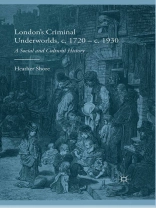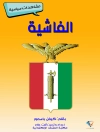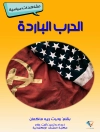This book offers an original and exciting analysis of the concept of the criminal underworld. Print culture, policing and law enforcement, criminal networks, space and territory are explored here through a series of case studies taken from the eighteenth, nineteenth and twentieth centuries.
Tabla de materias
1. Introduction 2. ‘Now we have the informing Dogs!’: Crime Networks and Informing Cultures in the 1720s and 1730s 3. ‘A Noted Virago’: Moll Harvey and her ‘Dangerous Crew’, 1727 – 1738 4. ‘The pickpockets and hustlers had yesterday what is called a Grand Day’: Changing Street Theft, c. 1800 – 1850 5. ‘There goes Bill Sheen, the murderer’: Crime, Kinship and Community in East London, 1827 – 1852 6. ‘A new species of swindling’: Coiners, Fraudsters, Swindlers and the ‘Long-Firm’, c. 1760 – 1913 7. ‘A London Plague that must be swept away’: Hooligans and Street Fighting Gangs, c. 1882 – 1912 8. ‘The Terror of the People’: Organised Crime in Interwar London 9. Conclusion
Sobre el autor
Heather Shore is a Reader in History at Leeds Beckett University, UK. She is the author of
Artful Dodgers: Youth and Crime in Early Nineteenth Century London (1999) and has co-edited two books, with Pamela Cox,
Becoming Delinquent: British and European Youth, 1650–1950 (2002) and with Tim Hitchcock,
The Streets of London: From the Great Fire to the Great Exhibition (2003).












